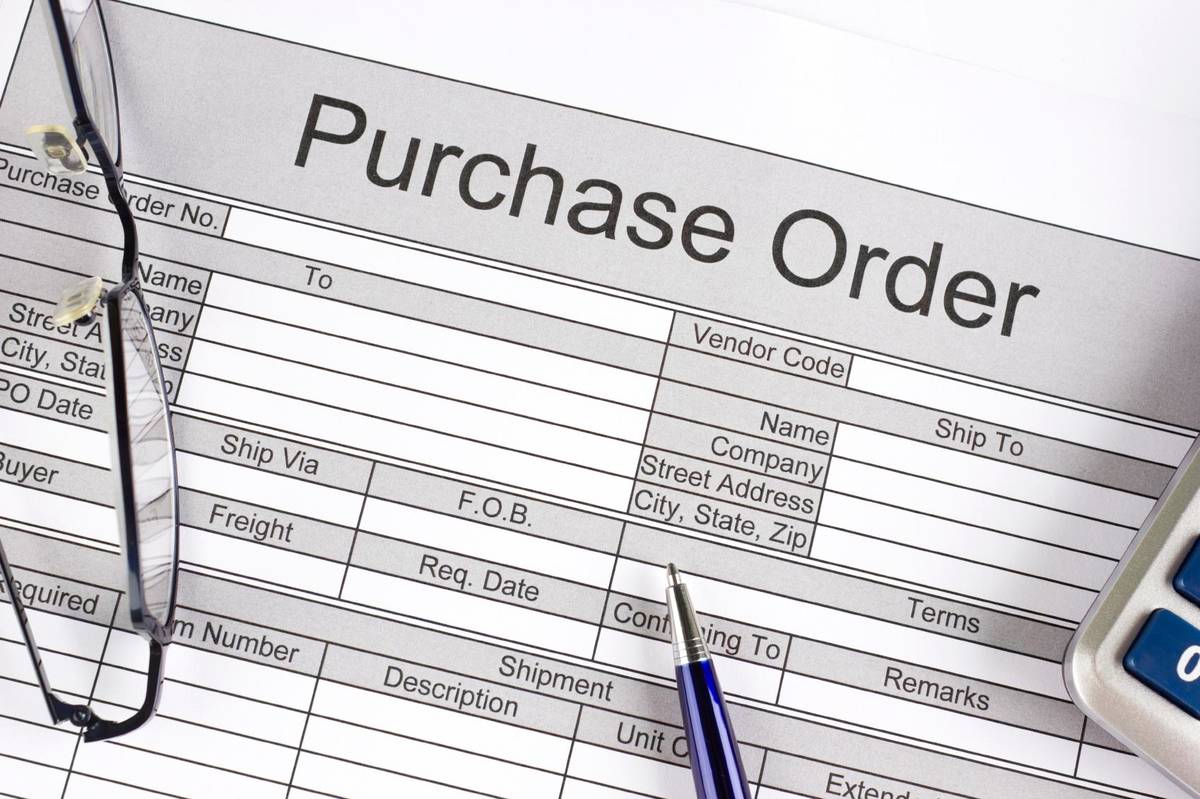What is an LPO?
When you hear LPO, many things could come to mind, depending on how creative you are. However, if you are in business, the only thing that you should think of is a Local Purchase Order.
It is an important part of business that every entrepreneur should pay attention to. The information below covers all there is to know about LPOs. Keep scrolling to find out why this document is important to your business.
What Is An LPO?
First, it is a document. The buyer creates the document and sends it to the seller. The purpose of the document is to purchase goods or products. Once the seller receives the document, they can now ship the goods to the buyer.
The document only applies if the seller and buyer are in the same local area or within the same country boundary. Additionally, the document protects both the seller and buyer. The seller will not incur any losses while the buyer receives the correct products.
Types of Local Purchase Orders
There are four types of LPOs. These are:
Standard Purchase Order
As the name suggests, this is the most basic LPO. A buyer issues it to the seller when the buyer has a clear idea of the order details. At minimum, the buyer will provide details such as the delivery date.
In addition, it contains details such as the price, quantity of goods, time frames for payment. For example, a company that needs 30 chairs delivered in 2 months will send a standard purchase order to the supplier company. Once received, it becomes a legal document.
Blanket Purchase Order
A blanket purchase order comes from the buyer to the seller without any specifications, except the product. The seller is sure about where to get the goods and the types of goods they need. However, they are not sure about other specifications such as delivery, quantity, and price.
The blanket purchase order is a common document among suppliers and their regular clients. Its use is for the repetitive procurement of basic supplies by a company. For example, a restaurant will always need napkins for their clients. Therefore, once they form a relationship with a supplier, they could send a blanket purchase order for napkins before their current stock runs out.
As you can see, the restaurant is unsure when they will need more napkins or how many more they will need, but they are sure they will need the napkins.
Contract Purchase Order
A contract purchase order stands for businesses that use a certain product in variation. When the use of a product within a business varies, the business will administer a contract purchase order to their supplier.
Its use only lasts for a specific time, usually one year. Additionally, there are no specifications of the product to be purchased. The document solidifies a working relationship between the buyer and the supplier.
It outlines the terms of the agreement. Therefore, the buyer may refer to the contract purchase order before making a standard purchase order. Additionally, the supplier will refer to it before fulfilling the order.
Planned Purchase Order
This type of purchase order is relatively specific. In the planner purchase order, the buyer will outline many specifications. Often, you will find details of the goods such as type and quality. You will also find the total cost.
Additionally, planned purchase orders have dates for delivery. However, they are often provisional dates, and therefore, not the final say on the matter. Some buyers even exclude dates on their planned purchase orders.
For example, a bakery realizes that it will need cake boxes at a specific amount and for a pre-determined price for the next ten years. Therefore, the bakery will find a good supplier and send a planned purchase order to order the boxes for the next ten years.
This ensures that the bakery does not have to send a standard LPO every time they need the cake boxes. The delivery date remains unconfirmed because they cannot be sure of the specific date each year or each month.
Benefits of LPOs
LPOs are important to all types of businesses, both suppliers and buyers. Some of the advantages you will enjoy with any of the kinds of LPOs include:
- Keeping records. The main advantage you have is a record of all purchases or sales you make. You avoid cases of duplicate purchasing, which can incur losses. Additionally, as a supplier, you avoid sending out goods twice for the same order.
- Another advantage of LPOs is that you get an organized record for your business. This helps you monitor your finances, stock, purchases, and more, depending on whether you are a buyer or seller.
- Once the supplier receives and accepts the purchase order, it becomes a legal document. This makes it legally binding, and both parties must observe the terms of the agreement. This helps to resolve any issues that may arise legally.
- Working relationships. Finally, these documents help to create and sustain good working relationships. Proper documentation with clearly outlined agreement terms will minimize disagreements and encourage both parties to do their part.
Also read; Importance of receipt books, invoices and good record keeping, Receipt books product


